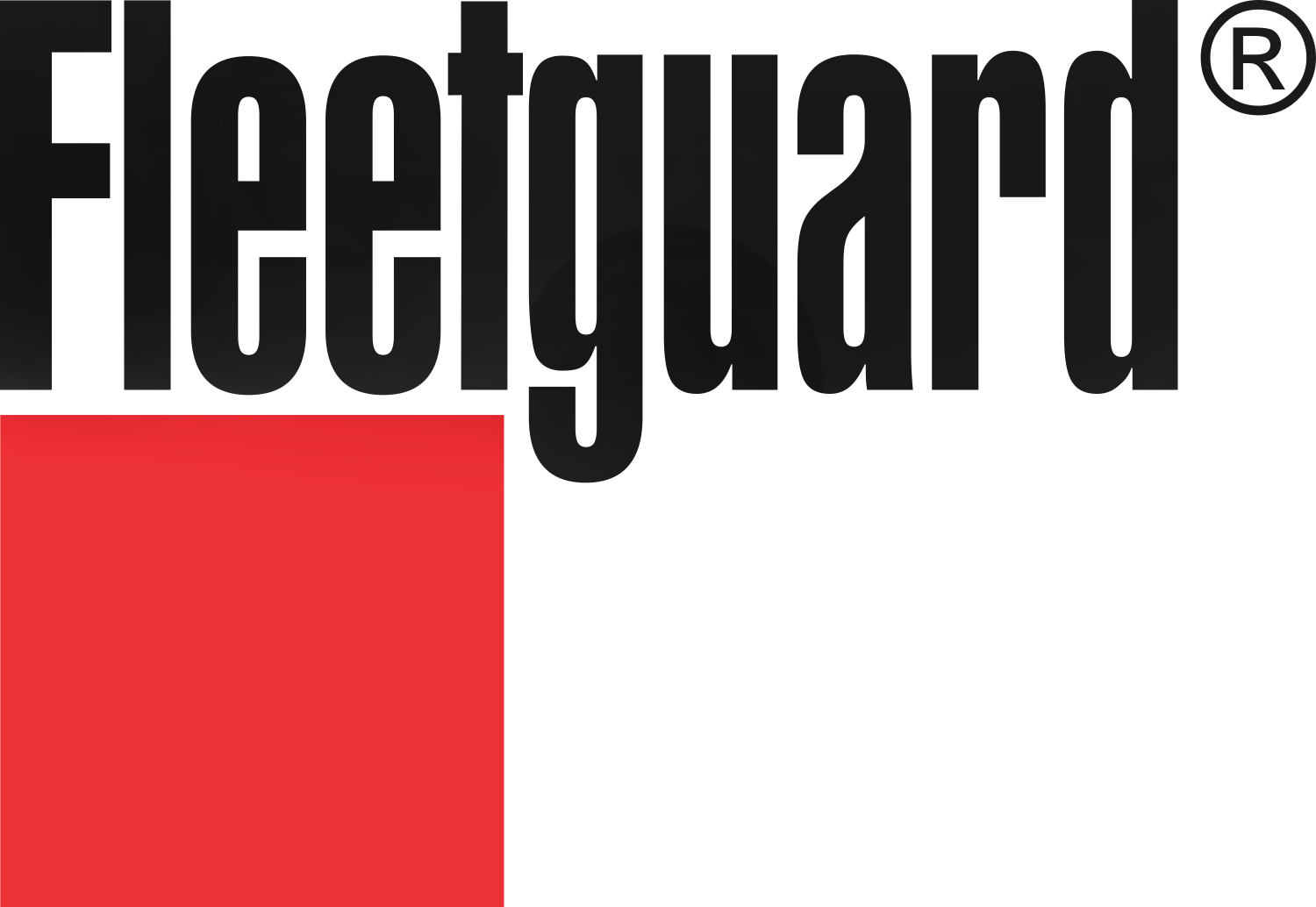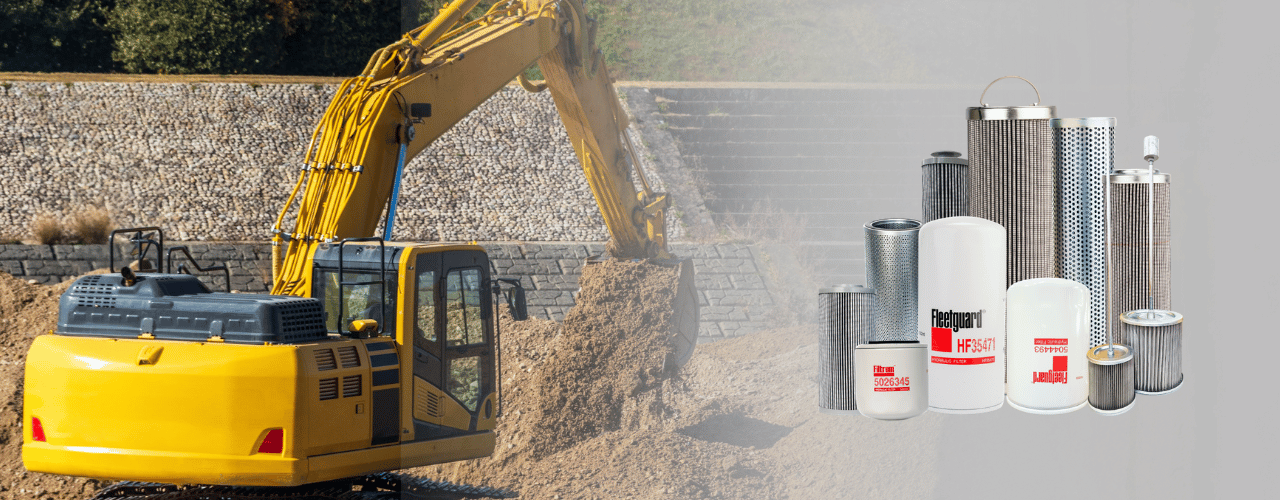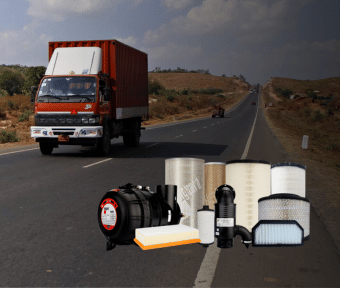Product | 12 Jun 2025
Behind every powerful engine lies an unsung hero: the fuel filtration system. While often overlooked in discussions about performance enhancement, fuel filtration plays an important role in determining engine output, reliability, and maintenance costs. As today's engines push the boundaries of precision engineering, the significance of quality filtration has never been more pronounced.
The Connection Between Fuel Quality and Engine Performance
Modern engines with advanced fuel injection systems operate with clearances finer than a human hair. These engineering marvels atomize fuel at pressures up to 30,000 psi, creating microscopic droplets that transform fuel efficiency beyond what previous generations of technology could achieve. Such precision demands equally precise fuel cleanliness.
The moment contaminants breach these systems, engine performance takes an immediate hit, while components begin their accelerated journey toward failure. Even particles invisible to the naked eye can disrupt carefully calibrated fuel spray patterns, resulting in power loss that drivers feel with every acceleration.
Contamination: The Silent Performance Killer
Fuel contamination isn't a single-faceted problem but rather a multi-level threat to engine systems:
Dust, rust, and microscopic debris: These act like sandpaper on precision-machined injector surfaces, gradually eroding metal components and blocking intricate fuel passages designed to control flow down to the millisecond.
Water: Even in seemingly insignificant amounts, water triggers corrosion chains that weaken metal components while creating perfect breeding environments for fuel-system microbes.
Microbes: These microbial invaders establish colonies at the diesel-water boundary, producing corrosive acids and slimy biomass that can transform clean fuel systems into clogged, underperforming shadows of their engineered potential.
The ripple effects extend throughout the entire engine. Contaminated injection systems deliver compromised spray patterns, resulting in incomplete combustion that drives up fuel consumption, sometimes by as much as 5-7% in heavy-duty applications—while simultaneously reducing power output and increasing harmful emissions.
The Benefits of high-efficiency fuel filters
High-efficiency fuel filtration systems deliver multiple performance advantages that directly impact operational efficiency:
Enhanced Fuel Economy: Properly filtered fuel ensures optimal spray patterns from injectors, resulting in more complete combustion and better mileage. Fleet operators implementing premium filtration solutions frequently report fuel economy improvements of 2-4%.
Restored Power Output: As contaminants are removed from the fuel system, engines regain lost horsepower and torque. This restoration is particularly noticeable in older equipment or vehicles operating in dusty environments.
Reduced Emissions: Clean fuel burns more completely, reducing particulate matter and other harmful emissions. This benefit extends beyond environmental considerations to regulatory compliance and reduced downtime.
Cold-Weather Performance: Advanced filtration systems with water separation capabilities prevent fuel line freezing and improve cold-start reliability in low-temperature operations.
Advanced Filtration Technologies
The evolution of filtration technology has produced several innovations that significantly improve contaminant removal efficiency:
Multi-layered Media Design: Contemporary high-performance filters utilize graduated filtration layers that progressively capture contaminants of decreasing size. This design maximizes dirt-holding capacity while maintaining flow rates essential for optimal engine performance.
Water Separation Technology: Integrated water separators use coalescing media to combine water droplets until they become heavy enough to separate from fuel. The accumulated water can then be drained during routine maintenance, preventing system damage.
NanoNet Technology: Cutting-edge filtration solutions incorporate nanofiber technology that can capture and retain contaminants at submicron levels while maintaining fuel flow requirements even as the filter approaches its service limit.
The Economics of Filtration Quality
The economic case for premium fuel filtration extends beyond immediate performance benefits to long-term cost reduction:
Injector replacement costs for modern engines can exceed several thousand dollars for a complete system, while premium filtration solutions represent a fraction of this expense. Furthermore, the downtime associated with fuel system failures often exceeds the direct repair costs, particularly in commercial operations where equipment availability directly impacts revenue.
Preventative filtration investment typically returns multiples of its cost through extended component life and avoided maintenance.
The Fleetguard’s High Quality Filters Matter
Fleetguard's comprehensive fuel filtration solutions represent the culmination of decades of research and field testing in the most demanding applications. Their filtration systems incorporate proprietary media technologies that address the full spectrum of fuel contaminants.
The NanoNet advantage advanced Stratapore® Technology (a proprietary multi-layer filtration media) in Fleetguard filters provides submicron filtration efficiency, providing superior filtration capturing particles that would pass through conventional filters. This technology maintains flow rates even as contaminant loading increases, preventing starvation issues during high-demand operation.
Fleetguard's technology demonstrates industry-leading efficiency, removing emulsified water that lesser systems miss. This capability proves particularly valuable in humid environments and with modern biodiesel blends that tend to hold water in suspension.
Conclusion
Quality fuel filtration isn't merely a maintenance consideration—it's a performance enhancer with measurable impact on engine output, efficiency, and longevity. The strategic investment in premium filtration solutions from Fleetguard delivers returns through improved fuel economy, enhanced power output, reduced emissions, and significantly extended component life.
For operations focused on maximizing equipment productivity while minimizing ownership costs, Fleetguard's advanced filtration technologies provide the foundation for effective preventative maintenance strategy. Visit Fleetguard-Filtrum to discover tailored filtration solutions engineered for specific applications and operating environments.








